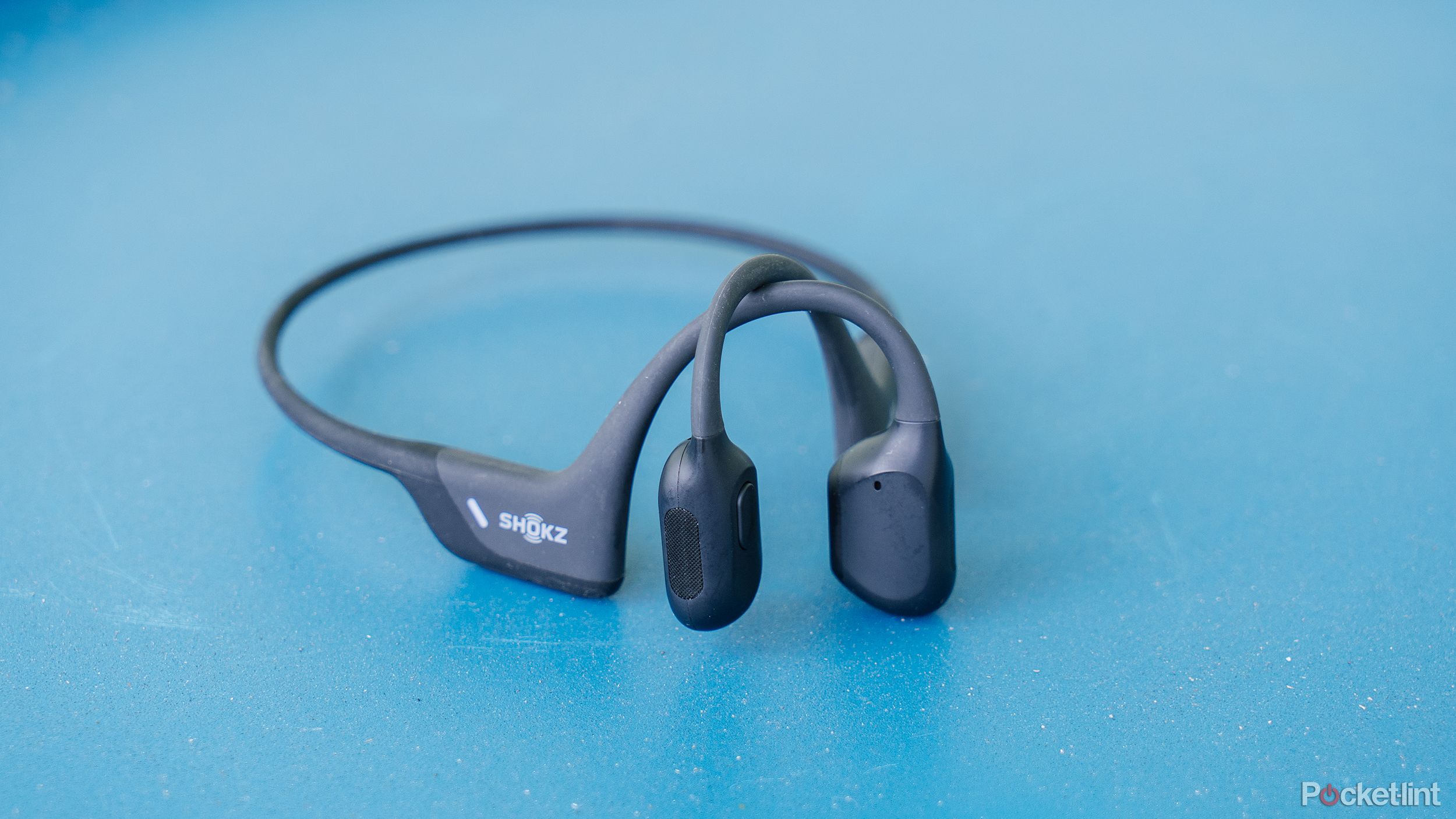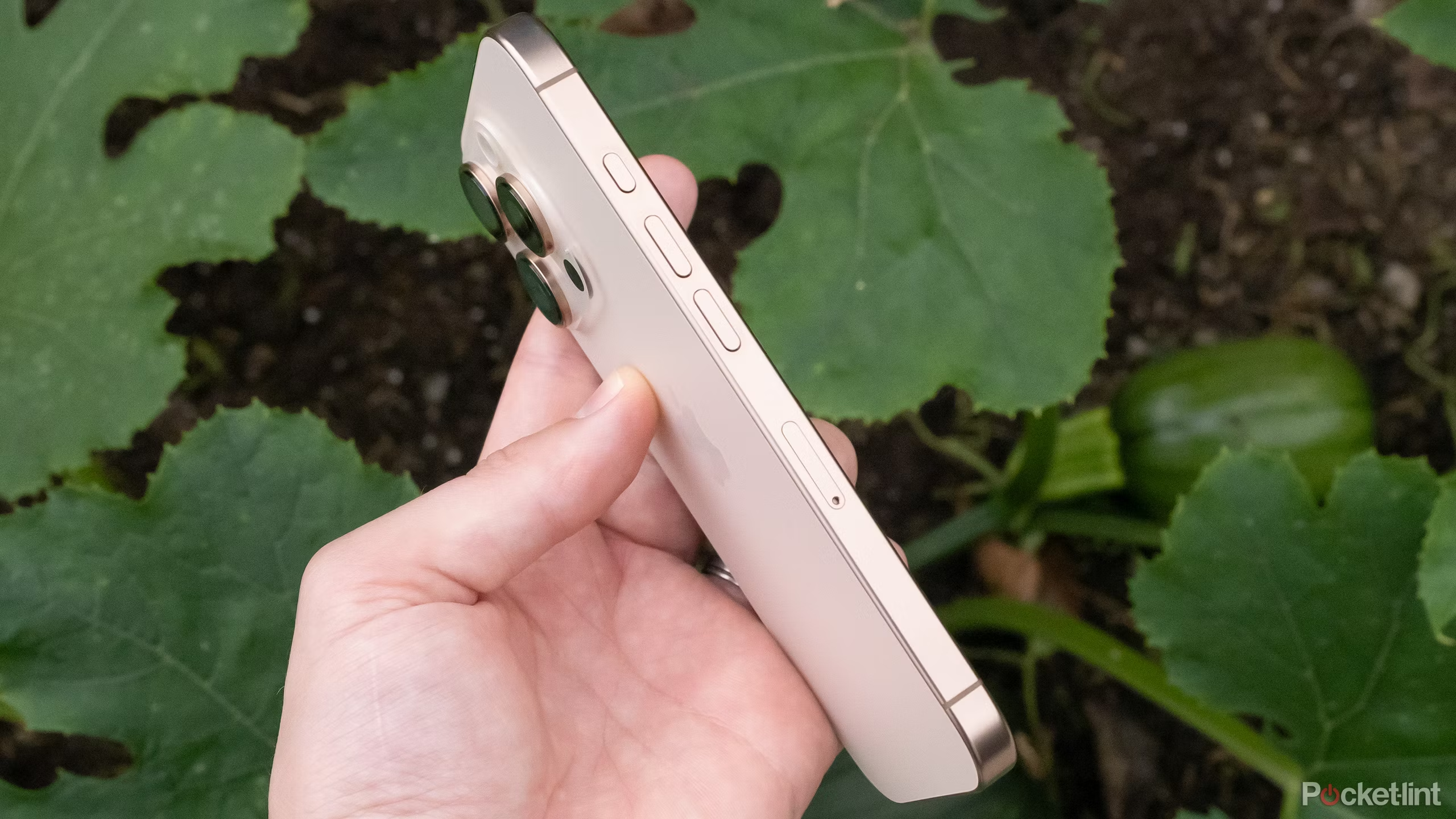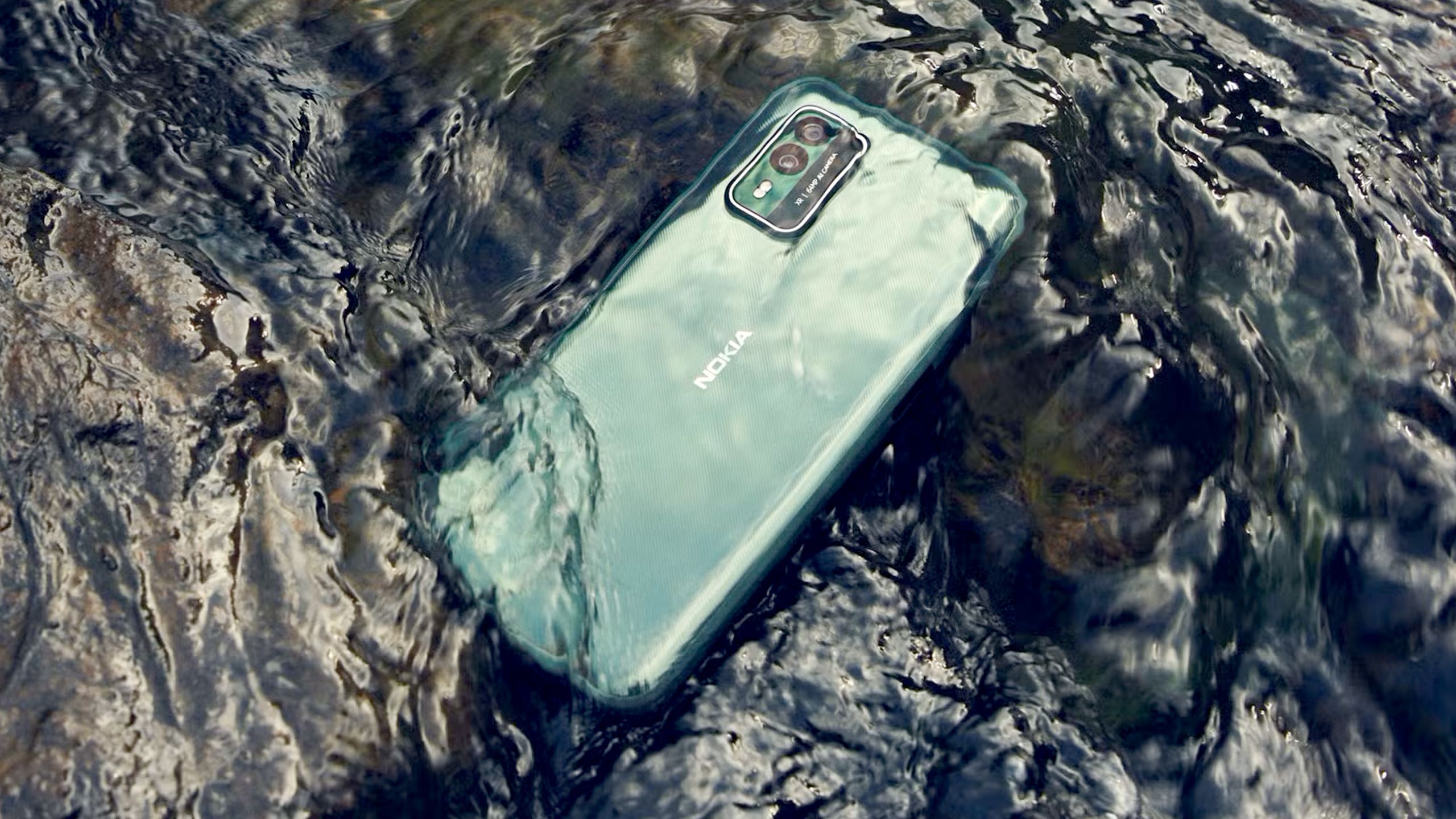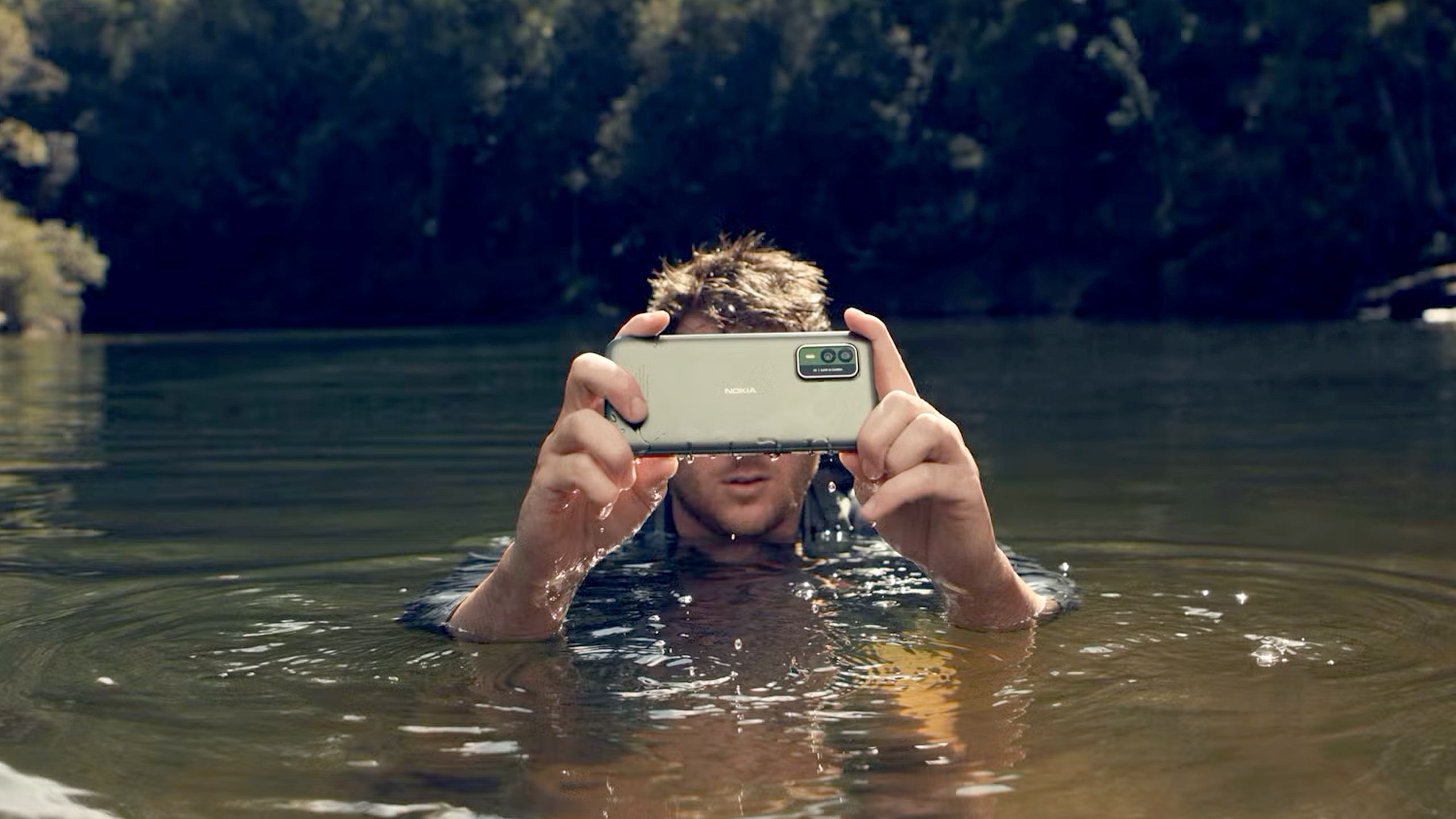
Key Takeaways
- IP ratings quantify a device’s dust and water resistance.
- IP68 is dustproof and protects against water submergence, but IP69K protects against water jets at very high pressures and temperatures.
- Neither rating (automatically) guarantees that a product is good enough for swimming or diving.
When you’re shopping for a smartphone, headphones, or any other piece of consumer electronics, for that matter — it can take a few minutes to decipher how waterproof and dust-resistant a product is. Tech companies regularly drop IP ratings on their product pages, but they don’t necessarily explain their significance up front. Even us tech journalists frequently have to explore the fine print to see what kind of protection a device promises.
If you’ve been hunting for the toughest products, you may have seen the IP69K label on a handful of options. What separates an IP69K device from IP68, which is far more common? There’s a crucial gap, although whether it’s worth paying for IP69K is another matter.
Related
This IP rating offers the best protection for phones in 2024
High-tech features hardly matter if you’re phone isn’t safe from the elements.
What is an IP rating? Plus, how to read them
Become a smarter shopper in just a minute
IP stands for ingress protection. It’s a standard set by the International Electrotechnical Commission (IEC), and quantifies a device’s water and dust resistance rather than forcing shoppers to rely on vague marketing claims. To get an IP rating, a device has to be certified by an IEC-approved testing firm. Just about any electronic device can qualify — ranging from phones and smartwatches all the way through to electric unicycles.
The numbers at the end of an IP rating are actually two separate figures. The first denotes dust resistance, while the second is for various forms of water. If you see an “X” in place of a number — IPX4 being a recurring example — that means a particular category wasn’t tested. That may or may not matter though, depending on the device’s use case.
It’s usually irrelevant how dust-resistant your running earbuds are.
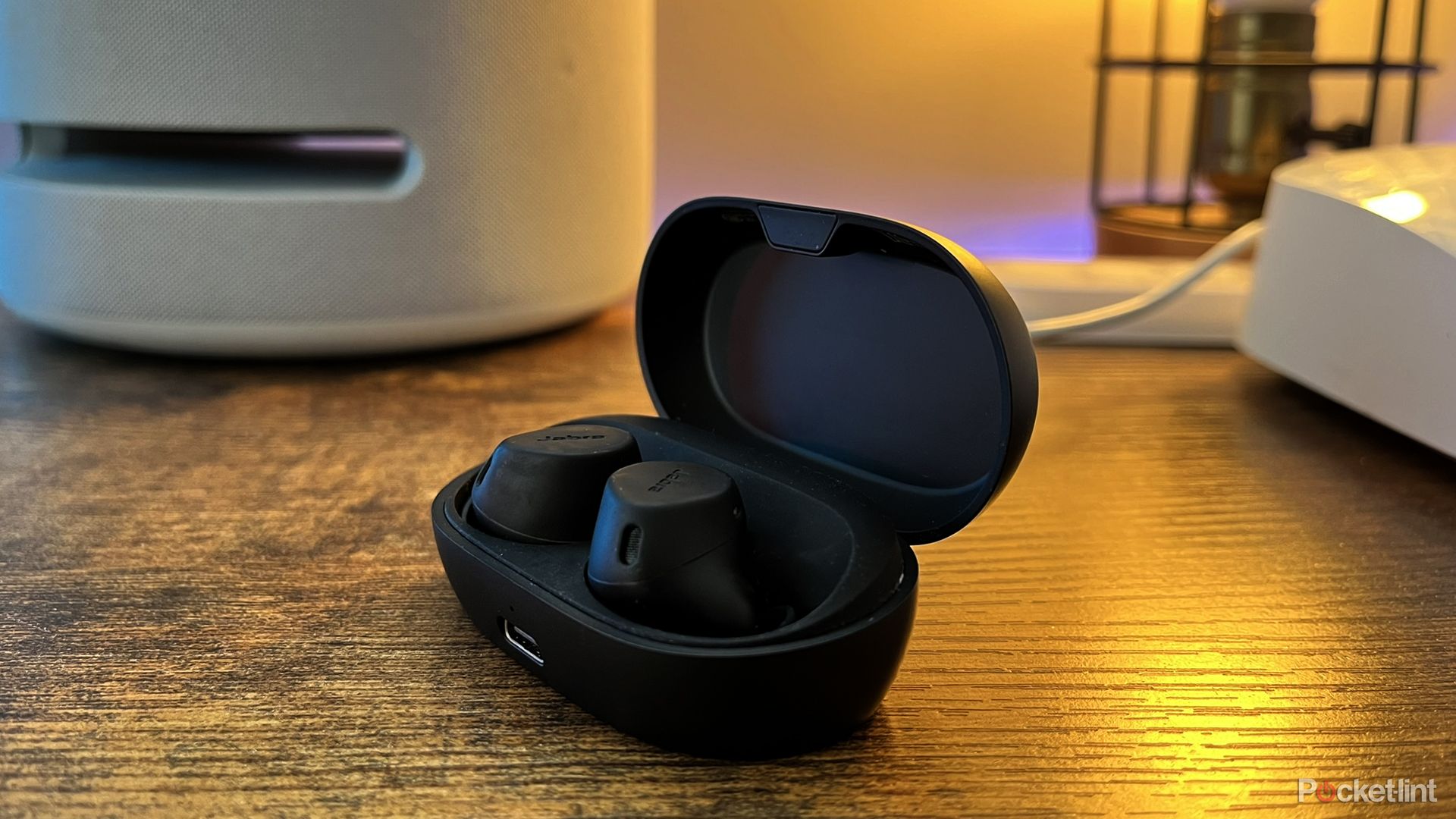
Related
6 features you should look for in workout earbuds and headphones
Demanding workouts mean demanding headphone specs.
What’s the difference between IP68 and IP69K?
Going as tough as physically possible
All IP68 electronics are fully dustproof — the six indicates that nothing solid can get in or out as long as protection seals remain intact. The 8 signifies water resistance above and beyond the IP67 standard, which requires a device to survive one meter (about 3.3 feet) of fresh water for 30 minutes. The exact toughness of IP68 can vary from product to product, so be sure to read that fine print.
IP69K is the absolute best IP rating a product can get.
The iPhone 16 Pro, for instance, can survive six meters (about 19.7 feet) of water for 30 minutes. Other devices may do better or worse. You shouldn’t take an iPhone 16 swimming, yet there are IP68 headphones that are fully capable of laps in your neighborhood pool.
IP69K is the absolute best IP rating a product can get. It means that a device can survive not just being submerged, but also jets at very high pressures and temperatures from multiple angles. We’re talking 1160 to 1450 pounds per square inch, and heat around 80 Celsius (174 Fahrenheit). It’s mostly geared towards cleaning — companies needing to pressure-wash construction equipment, say, or sanitize electronics used in food production. That said, IP69K products aren’t automatically safe for swimming or diving, so you’ll still want to check specifications before booking a scuba trip off the Florida Keys.
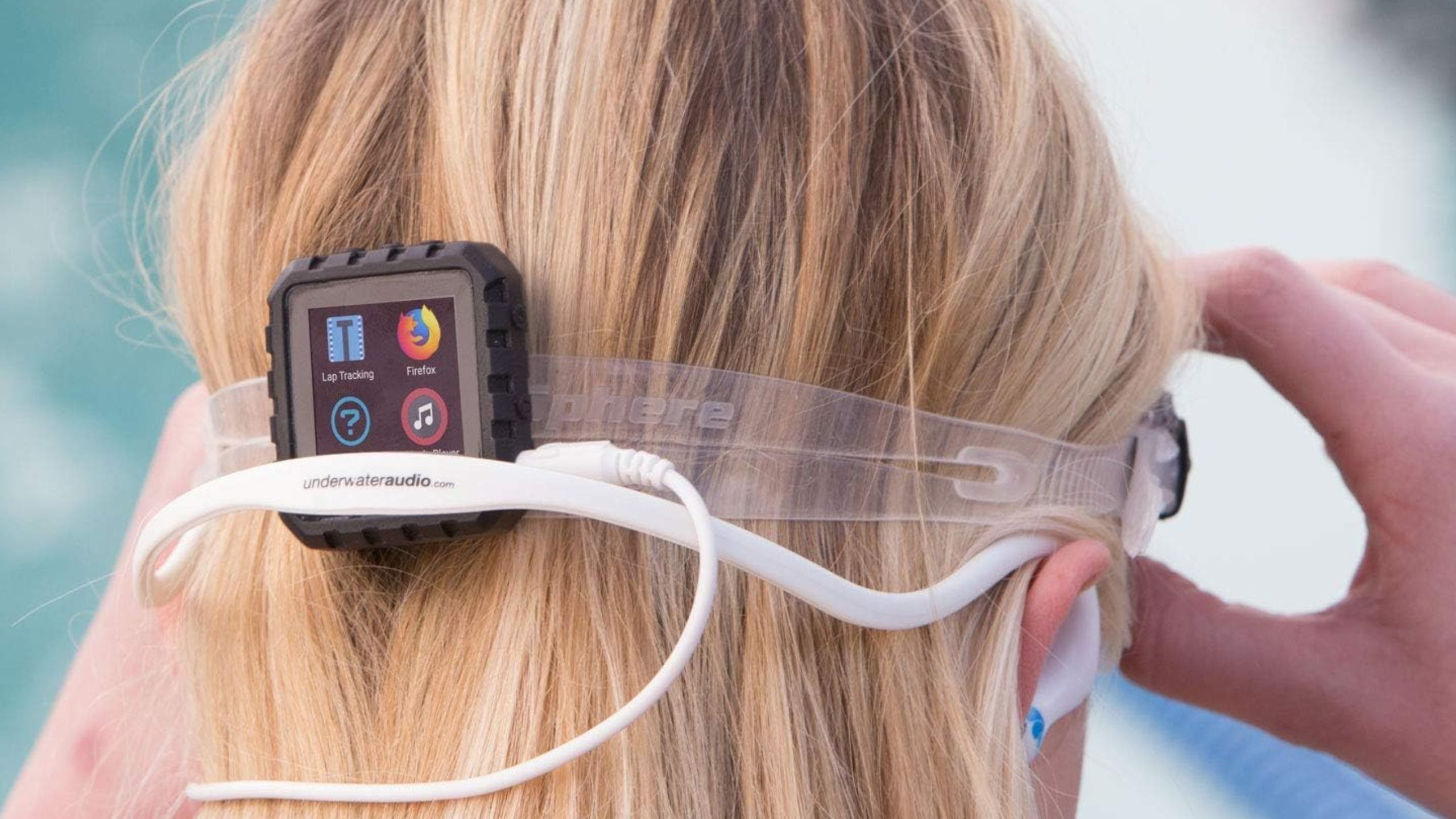
Related
Best waterproof wired headphones: Swimming with no interruptions
Keep your underwater music connection stable with these top performing wired and waterproof headphones.
The best of the best isn’t always worth the cost
Nokia
Probably not. You might enjoy the luxury of taking a phone into the jacuzzi, or hosing it down if it’s covered in mud, but no one particularly needs those things on the daily. It’s safer to avoid water whenever possible — with or without an IP69K label. Every liquid exposure risks eroding resistance. A device might last 500 high-pressure showers, but suddenly fail on the next one, simply because a minor crack opened up in one of its seals. It’s best to dry off any electronics as soon as you’re out of harm’s way.
Unless you’re shopping for swimming gear or a shower speaker, the main reason to look at IP ratings is really accidental damage. You don’t want a smartphone to die simply because you dropped it in a toilet or bathtub for a few seconds. Likewise, you don’t want that e-bike, scooter, or unicycle you just bought to strand you in the middle of nowhere because you happened to ride through a puddle or get caught in a rainstorm. In those respects, IP68 is more than good enough — my Veteran Patton only has an IP55 rating, and has already survived a few light rain showers.
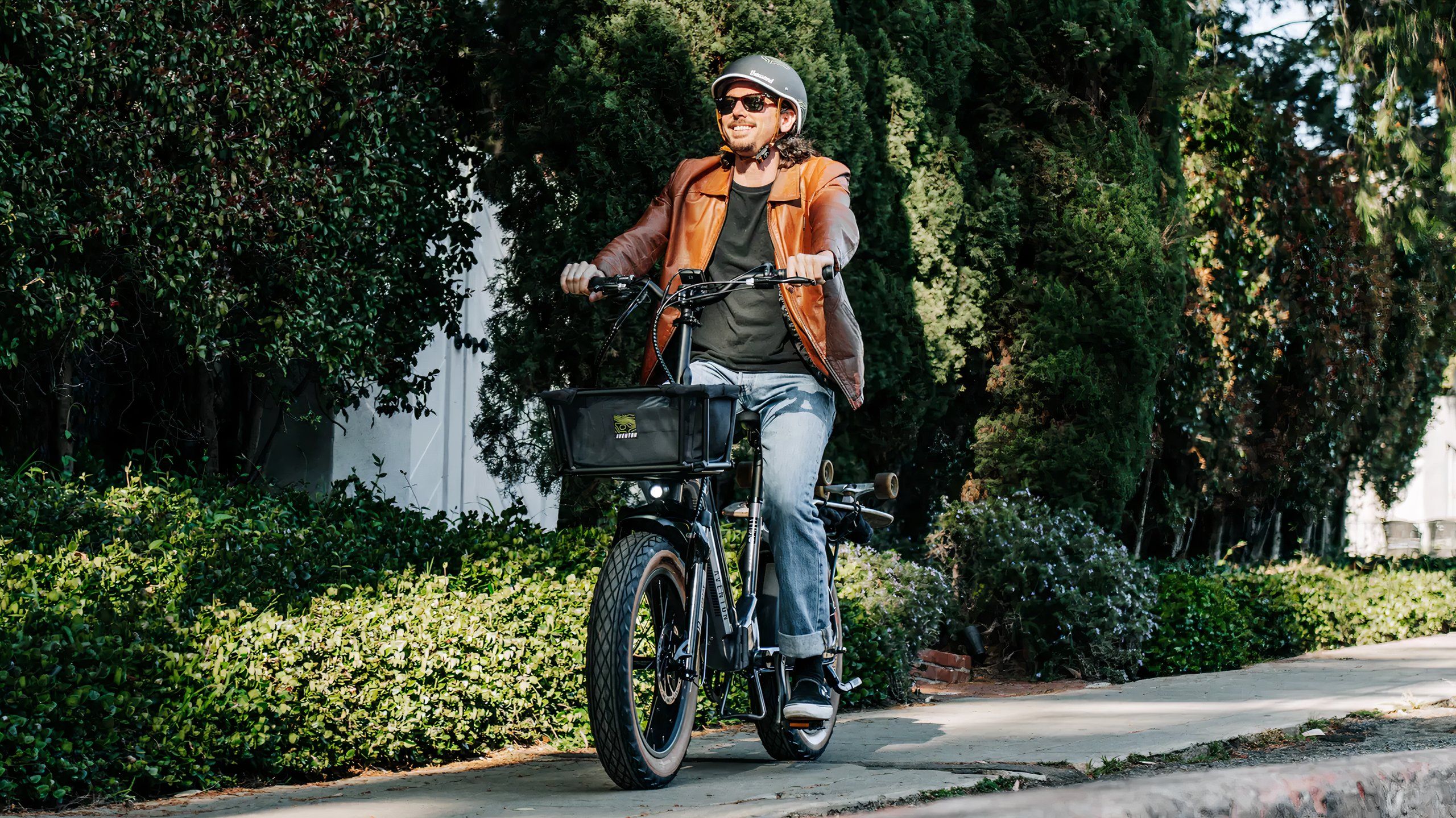
Related
What you need to know before buying an e-bike
Don’t just buy the cheapest e-bike you can find — you can do better.
Typically, manufacturers will explicitly market a device as safe for swimming and showering if that’s the case. You’ll want to look for ATM, EN13319, and/or ISO 22810 depth ratings as well if you plan to do more than just surface swimming. The Apple Watch Ultra 2 has an ISO 22810:2010 resistance rating to 100 meters (328 feet), as well as an EN13319 scuba rating to 40 meters (131 feet). So, you can take it in the ocean without trouble.
Perhaps the main reason not to bother with IP69K is its rarity. Very few consumer products meet that standard, perhaps the best known phone being the Nokia XR21. Toughness is usually their main selling point, too, rather than the forward-thinking advancements you expect from companies like Apple, Google, and Samsung. You’ll probably be happier with the latest iPhone or Pixel models, which are rugged enough with their IP68 certifications.
Trending Products

